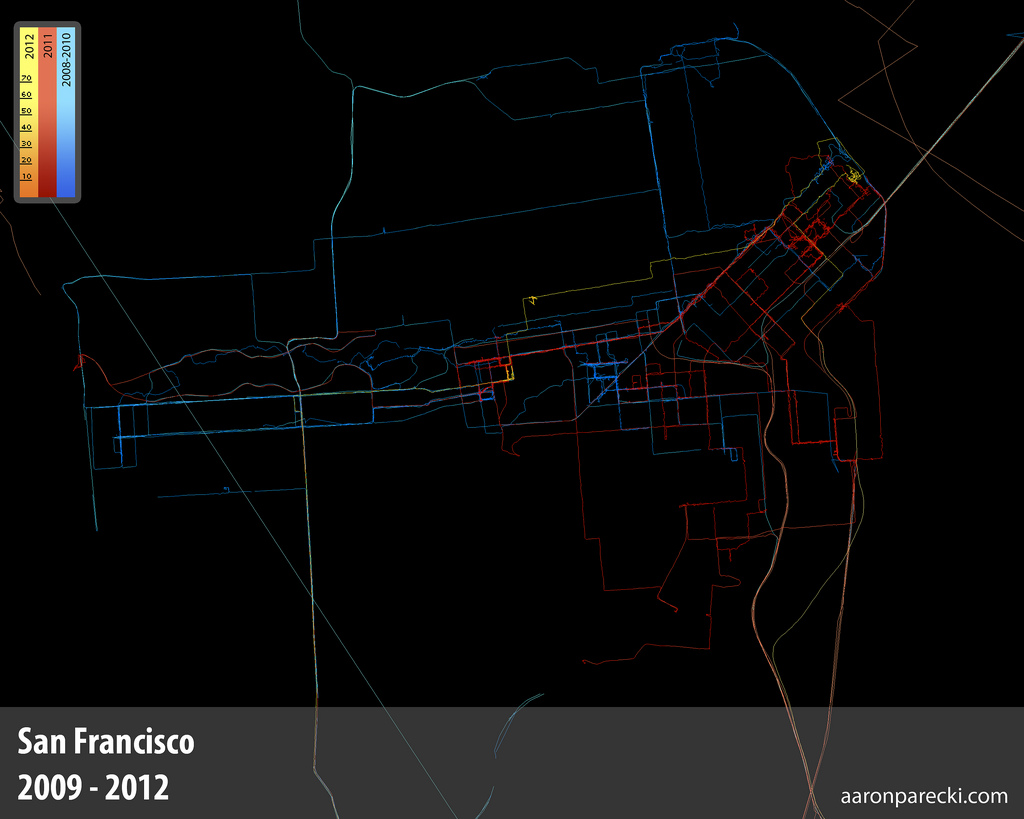Siri Lawsuit: Apple Being Sued For 'Misleading' Siri CommercialsSiri, do you know of a good defense lawyer in Manhattan?
The Wall Street Journal's Law Blog reports that Apple is being sued by a man in New York over its Siri commercials, claiming that the ads are examples of "intentional misrepresentation" and "negligent misrepresentation" of the Voice Assistant's capabilities.
The class action lawsuit complains that "[t]hrough an extensive and comprehensive nationwide marketing campaign, [Apple] has conveyed the misleading and deceptive message that the iPhone 4S's Siri feature, a so-called voice-activated assistant, performs useful functions and otherwise works as advertised."
The complaint continues thus:
In many of Apple's television advertisements, individuals are shown using Siri to make appointments, find restaurants, and even learn the guitar chords to classic rock songs or how to tie a tie. In the commercials, all of these tasks are done with ease with the assistant of the iPhone 4S's Siri feature, a represented functionality contrary to the actual operating results and performance of Siri.
You can read the entire complaint over at the WSJ.
The effectiveness of Siri has indeed been a hot topic of debate ever since the phone came out. Apple released Siri in Beta, a fact it makes clear on its website; this designation did not appease everyone, however. A well-distributed rant by Gizmodo's Mat Honan, titled "Siri Is Apple's Broken Promise," reamed the company for releasing and promoting a feature that, in his mind, was "a half-baked voice-control system."
Honan also felt that the ads were deceiving, noting that when he tried out a command to start playing music that was shown off in an early iPhone 4S commercial -- "Play some Coltrane!" -- Siri apologized that she couldn't find any "coal train."
"[I]n its Siri ads," Honan concludes, "[Apple] promises far more than what it actually delivers."
Whether this is grounds for litigation is questionable. Apple sold over 37 million new iPhones in the first three months following the release of the iPhone 4S in October; for what it's worth, a survey by Loopt found that a 45 percent majority of those buying an iPhone 4S in the first days after its release were doing so because of Siri.
Apple did not immediately respond to request for comment. In the meantime, we can report that Siri was, indeed, able to find us a list of defense lawyers in Manhattan, ranked by average rating on Yelp, on its first try; we'll also let you know if Siri is named as a witness for the prosecution, and if so, whether or not she pleads the fifth.
http://www.huffingtonpost.com/2012/03/12/siri-lawsuit-apple-sued-misleading-commercials_n_1340025.htmlFor perspective...
Now, what’s in a name?
Look closely at the name: Siri. What letters stand out?
See it yet?
S i R I.
SRI = Stanford Research Institute.
It turns out that Apple’s Siri used to be SRI’s Siri, and SRI’s Siri is… Are you ready? A spinoff of DARPA’s PAL (Perceptive Assistant that Learns) program, which SRI called CALO (Cognitive Agent that Learns and Organizes).
SRI International is leading the development of new software that could revolutionize how computers support decision-makers.
The Defense Advanced Research Projects Agency (DARPA), under its Perceptive Assistant that Learns (PAL) program, has awarded SRI the first two phases of a five-year contract to develop an enduring personalized cognitive assistant. DARPA expects the PAL program to generate innovative ideas that result in new science, new and fundamental approaches to current problems, and new algorithms and tools, and to yield new technology of significant value to the military.
SRI has dubbed its new project CALO, for Cognitive Agent that Learns and Organizes. The name was inspired by the Latin word “calonis”, which means “soldier’s servant”. The goal of the project is to create cognitive software systems, that is, systems that can reason, learn from experience, be told what to do, explain what they are doing, reflect on their experience, and respond robustly to surprise.
The software, which will learn by interacting with and being advised by its users, will handle a broad range of interrelated decision-making tasks that have in the past been resistant to automation. It will have the capability to engage in and lead routine tasks, and to assist when the unexpected happens. To focus the research on real problems and to ensure the software meets requirements such as privacy, security, and trust, the CALO project researchers will themselves use the technology during its development.
SRI is leading the multidisciplinary CALO project team, and, beyond participating in the research program, is also responsible for overall project direction and management and the development of prototypes.
Conspiracy theorists will love this one: A computerized assistant that can help you manage your day to day life, built atop an artificial intelligence platform developed by the Defense Advanced Research Projects Agency (DARPA), the United States’ internal military research group. Siri, the startup building the assistant, is today announcing $8.5 million in venture funding.
As befits its spookish origins, Siri isn’t saying a great deal yet about what it will do. Co-founder Dag Kittlaus, who licensed technology from DARPA’s CALO (Cognitive Agent that Learns and Organizes) project, calls it “a smarter, more personal interaction paradigm for the Internet.” Unfortunately, that’s about as specific as calling Google “a thing that finds stuff.” Those who want a sneak peek at Siri will instead have to look to CALO.
So here’s what we know about CALO: It’s a concerted effort to take the first real step toward artificial intelligence, with five years of work and $200 million in funding to date. Rather than being immediately useful, it learns about the user over time, much like a real personal assistant would. As it learns, it becomes capable of making logical associations and initiating its own actions.
I copied and pasted the above (kinda out of any order) from
http://cryptogon.com/?p=25289. Click the link for videos and further links.






